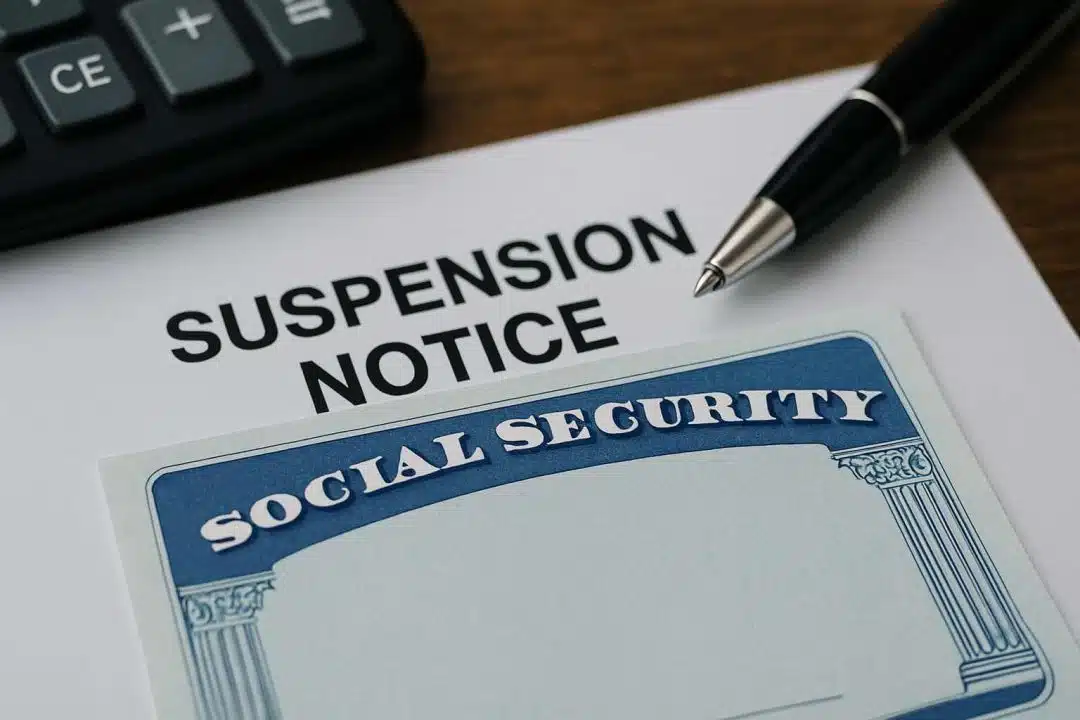
The Supplemental Security Income (SSI) program offers critical financial support to millions of Americans. However, Social Security can suspend or stop payments if certain eligibility rules are violated. Understanding the most common causes for losing SSI can help you avoid unexpected disruptions to your monthly benefits.
1. Your income exceeds the limit
SSI is a needs-based program, so recipients must stay under strict income thresholds. If your earnings increase—whether from a job, state assistance, or other sources—you could lose eligibility. Even small, unreported changes in income can trigger a suspension.
The Social Security Administration (SSA) conducts regular checks to verify financial eligibility. If your income rises above the federal limit, the SSA will stop payments until your financial situation qualifies again.
2. You no longer meet age or disability criteria
Some recipients qualify for SSI because of a disability, while others receive it based on age. If a medical review determines that your disabling condition has improved, the SSA may suspend your payments.
Similarly, older people who qualify by age must also meet citizenship and residency rules. If you leave the U.S. for an extended period or fail to meet these standards, your benefits could be at risk.
Social Security: SSI recipients will get $1,934 or $2,900 in May 2025
3. You’re incarcerated for more than 30 days
According to federal law, SSI benefits stop when a recipient is incarcerated for more than 30 consecutive days. The SSA cannot pay benefits to anyone confined to a jail, prison, or other public institution for a criminal offense.
Payments resume only after you are released and reapply. Delays in reporting a release or updating your information could further postpone your reinstatement.
Can you get SSI back after losing it?
In many cases, yes. SSI benefits can often be reinstated once the issue causing the suspension is resolved. For example:
- If your income drops back below the limit, you can requalify.
- If you pass a new medical review, your disability benefits may restart.
- After release from incarceration, you can reapply for benefits—assuming you still meet eligibility criteria.
To restore benefits quickly, you must notify the SSA right away, provide required documentation, and follow all instructions during the reinstatement process.
Stay eligible by reporting changes
To avoid losing SSI, report any of the following changes as soon as they happen:
- Income or job changes
- Living arrangements
- Marital status
- Medical condition updates
- Time spent outside the country
- Legal or incarceration status
Failing to report changes can lead to overpayments, legal penalties, or benefit loss.
